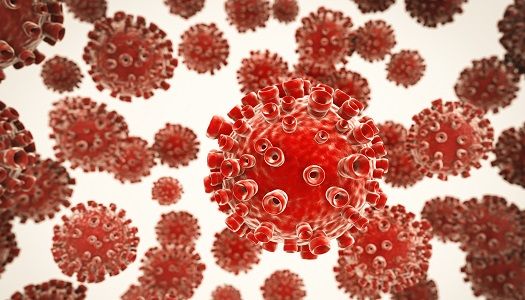Article
Elite Controller's Antibodies Combined to Defeat HIV
Author(s):
Elite controllers provide a unique look at HIV infection.

A small number of people infected with the human immunodeficiency virus (HIV) have natural immune responses that can fight the virus without antiretroviral therapy (ART). Dubbed “elite controllers,” these patients are an estimated one out of every 200. Researchers from Rockefeller University developed a way to use elite controller antibodies to suppress HIV.
Antibodies attach themselves to the epitope, which is a part of the virus. By doing so, the process keeps patients infected with HIV and makes the condition difficult to manage. This is one challenge standing in the way of uncovering a cure for the disease.
“Some people with HIV produce these antibodies, but most of the time the virus eventually escapes them through mutations in the antibody’s corresponding epitope,” first author, Natalia Freund, PhD, from the Laboratory of Molecular Immunology at Rockefeller University, said in a news release.
Elite controllers naturally sustain high CD4 cell counts while achieving undetectable viral loads. Their immune systems produce new broadly neutralizing antibodies (bNAbs) and cytotoxic T cells, which fight, immobilize, and destroy HIV.
The team used antibodies from an elite controller they’ve been working with for a decade. The patient, a man who was infected with HIV over 30 years ago, has three different types bNAbs which attach to different virus sites.
Using HIV-infected mice, the researchers tested the antibodies, called BG18, NC37, and BG1. They found that the antibodies complement each other in order to fight the virus.
“Think of the relationship between the antibodies and the virus as an arms race that goes on and on,” Freund continued. “By mutating, some of the virus may escape the antibodies and continue growing. Years later, the body may produce new broadly neutralizing antibodies against the escaped virus, which in turn may mutate and escape yet again.”
Three weeks after the mice were given the antibodies, two-thirds of them had undetectable viral loads. Freund explained that after the virus dodges the antibodies a few times, it eventually runs out of options and loses.
This isn’t the first time researchers from Rockefeller University have examined the use of bNAbs in the fight against HIV. In November 2016, they explored the antibodies’ naturally long half-lives and how that understanding could help lead to a vaccine one day.
While more research is needed, this study validates that bNAbs, particularly the three collected from the elite controller, can be combined to destroy HIV.
The study, “Coexistence of potent HIV-1 broadly neutralizing antibodies and antibody-sensitive viruses in a viremic controller,” was published in Science Transitional Medicine. The news release was provided by Rockefeller University.
Related Coverage:
Antibody Trial Yields Positive Results to Fight HIV
How HIV Gets the Opportunity to Infect Macrophages
Keeping HIV Infection a Secret Doesn’t Affect Treatment Compliance





